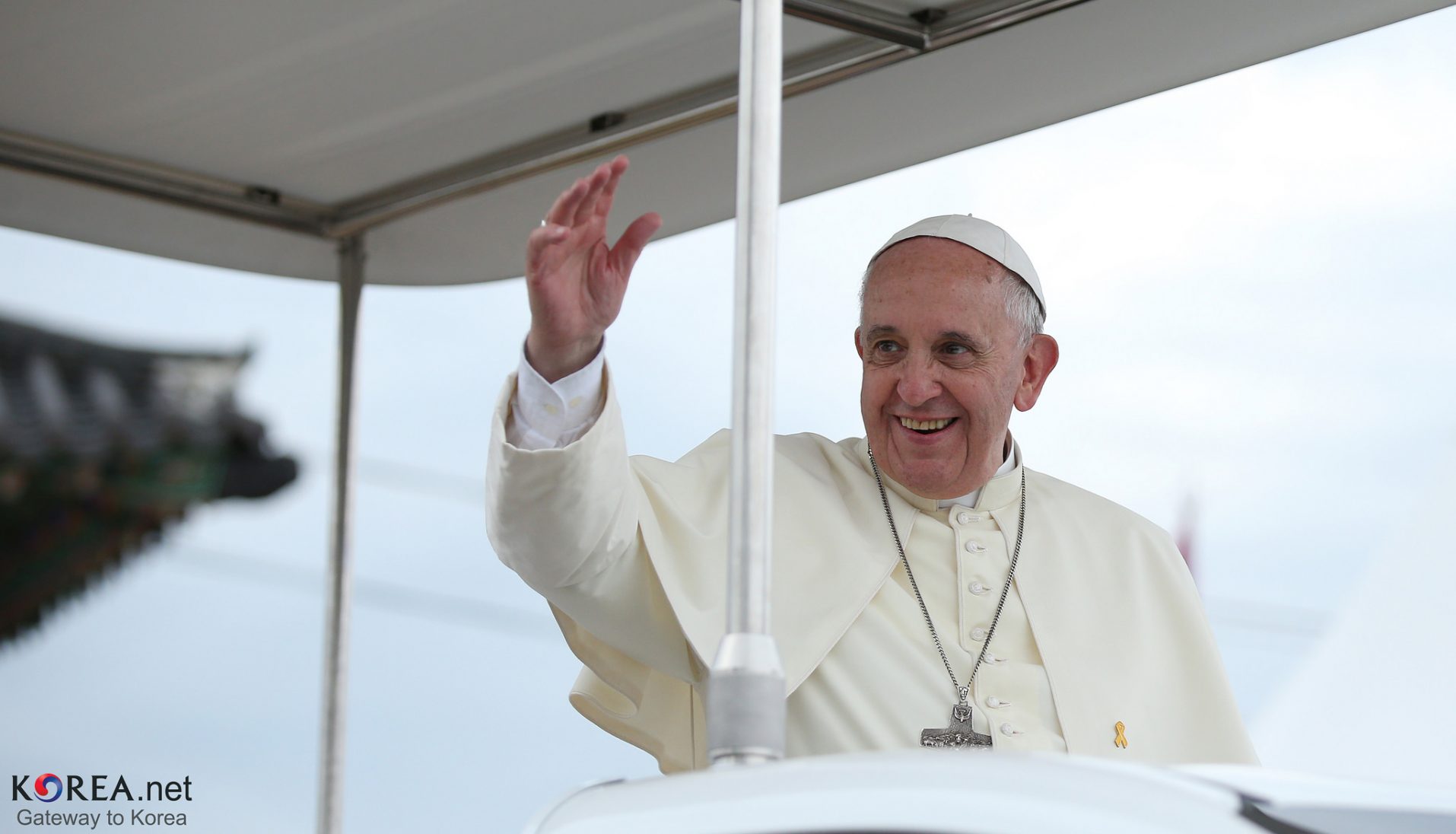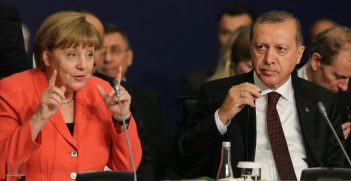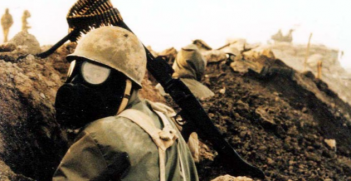Pope Francis: An International Agent of Change

Since the Pope’s 2015 address to the United Nations, his actions on key international issues have proven to be significant. This Eastertime, it is clear that religion still has a role to play in foreign policy.
Since Pope Francis’ ordination as the spiritual leader and head of the Roman Catholic Church in 2013, it is possible to observe a shift to a more compassionate and yet socially engaged voice coming from the Vatican. Pope Francis’ promotion of social fairness could be the cultural legacy of someone originally from the developing world. That said, Francis’ Argentinian background simply cannot be dissociated from his papacy’s worldview and “social gospel” rhetoric. It is valid to mention that Francis is also the first Jesuit priest to be ordained as the head of the Church, which endows his leadership style with inherent simplicity, compassion towards the disadvantaged in society and an orientation towards the protection of human rights. The Pope has had a role in various issues of international significance such as American-Cuban relations, the ongoing civil unrest in Syria and Iraq and climate change, “the greatest challenge of our generation”.
Pope Francis’ worldview and international relations
Pope Francis’ distinctive diplomatic style was made clear during his 2015 address to the United Nations. On this occasion, Francis highlighted that reform and adaptation are fundamental aspects of a fairer and more equitable international order. Indeed, Francis’ approach to international politics is embedded with a strong social justice aspect. At his UN address, Francis stressed the need for greater equity, from the UN Security Council to other international bodies such as the International Monetary Fund (IMF).
Nevertheless, Pope Francis’ posture on international affairs goes beyond the fight for a world where social divides, castes and inequality are mitigated. As the head of the most important and influential Christian denomination in the world, he is a neutral player that seems to be inclined to play a decisive role as mediator in ongoing conflicts around the globe.
The Pope and Cuba-US relations
It is claimed that Pope Francis played a fundamental role in the recent diplomatic breakthrough between the United States and Cuba. Since the bipolarity of the Cold War, successive American administrations have maintained economic sanctions and political isolated Cuba. Some reports indicate that the first Latin American Pope hosted a secret meeting at the Vatican between US and Cuban officials, only four months after both countries resumed diplomatic relations. Previous popes were also staunch critics of the economic embargo on the Caribbean island. Francis’ mediation role has facilitated a new era of US-Cuban relations, which resulted in the anticipated Obama visit to Havana this week.
Pope Francis on the Syrian and Iraq conflict
Pope Francis’ compassionate world view has also played a role in the current Syrian conflict and the humanitarian crisis in Europe. He has strongly condemned the “ocean of pain” surrounding Syria and Iraq and ISIS operations in the region. The current conflict in Syria and Iraq has forced millions of displaced people to flee to neighbouring countries. Francis mentioned that the current political unrest in Syria and Iraq is “one of the most overwhelming human tragedies of recent decades” and has consistently called for compassion for refugees and other unauthorised migrants.
Recently, the Pope declared 2016 the Jubilee Year of Mercy and Year of Grace. He is also a strong believer in a non-violent resolution to the Syrian and Iraqi ordeal, revealing his compassionate worldview, advocating that “this war is an increasingly unbearable weight on the shoulders of the poor.” He is also adamant that it is never too late for conversation. By taking a rather liberal approach to international politics, he aims to pacify the convoluted situation in the Middle East. The withdrawal of Russian military forces from Syria and peace talks that are currently underway could be the first fruits of Pope Francis’ approach to conflict resolution in the region.
Pope Francis and climate change
In the May 2015 Catholic Encyclical “Laudatio Si” (Praise Be), Pope Francis quoted the spirituality of Saint Francis Assisi reminding us that the earth is our common home, and it is like a sister or a mother to all humanity. He stated that the Earth “now cries out to us because of the harm we have inflicted on her by our irresponsible use and abuse of the goods with which God has endowed her.”
Pope Francis takes a strong posture on issues that deal with “good stewardship” of the planet Earth, and is engaged on the climate change debate. However, it is important to note that the current position of the church on climate change is not a new one. His predecessor Pope Benedict XVI, for instance, was also quite vocal on the impact of free markets on the most vulnerable in developing nations, particularly on climate change issues. Moreover, the influential political role played by the Pope is not a new concept in the international arena. Pope John Paul II was a key mediator and political player during the Cold War period and in the fight for democratic rights and freedoms in the Soviet Union and other countries aligned to the soviet bloc. Nonetheless, Pope Francis’ humble beginnings as an Argentinian priest, combined with a more humane and compassionate approach to international politics, could make him a key political player on conflict de-escalation, and particularly in relationship building with nations across the globe.
Flavia Bellieni Zimmermann holds a Bachelor of Laws with Honours from the Pontifical Catholic University in Rio de Janeiro and a Graduate Diploma of International Relations and National Security from Curtin University, Western Australia. She is also a current intern with the AIIA for WA. This article is published under a Creative Commons Licence and may be republished with attribution.





